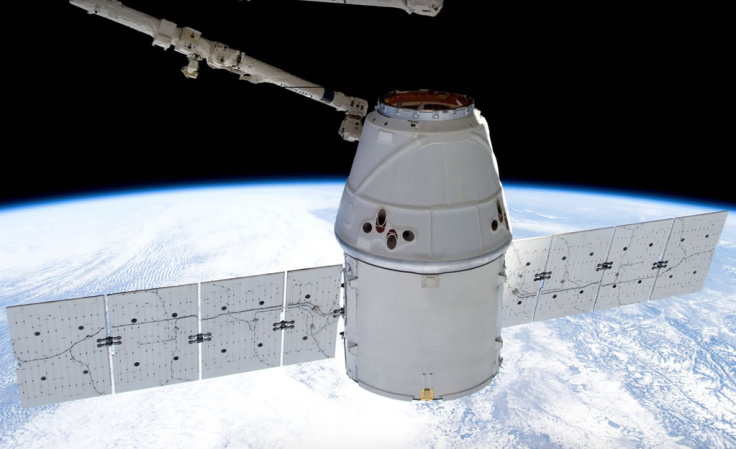Elon Musk Says SpaceX Has A Swarm Of Tiny Satellites For Internet Access In The Works

Elon Musk is entering the Silicon Valley space race with micro-satellites that would provide “very low cost” Internet access, the SpaceX co-founder has confirmed.
Earlier reports said Musk was planning to launch a swarm of tiny satellites to provide Internet access to underserved parts of the world. On Tuesday, the SpaceX co-founder said on Twitter that it was “still in the early stages of developing micro-satellites,” and promised that a more official announcement was coming sometime in the next two or three months.
Musk says the micro-satellites will “operate in large formations,” and according to the Wall Street Journal, that could mean a fleet of 700 floating in near-Earth orbit. The newspaper first broke the story about SpaceX’s plans, reporting that each satellite could weigh 250 pounds, or about half of the smallest one currently in orbit.
While the satellites themselves will be small, the size of SpaceX’s swarm also sets it apart: According to the Journal, it would be more than 10 times larger than any other fleet. The Internet provided by the satellites would be “unfettered … and at very low cost,” Musk tweeted in reply to a user of the micro-blogging platform.
Musk is working with former Google Inc. employee Greg Wyler, who left the search giant in September. Wyler was "key" in Google's planned launch of 180 satellites, but left over concerns with its manufacturing abilities, the Journal reported, taking with him the rights to valuable wireless spectrum used for broadcasting Internet signals. Google largely relies on a number of third-parties for satellite imagery used in its Google Maps service, but acquired manufacturer Skybox Imaging in June.
Silicon Valley tech giants are increasingly looking toward the skies to grow their user base. Facebook Inc. is also planning to launch a series of solar-powered drones, which it plans to use along with satellites and lasers to provide worldwide Internet access.
Musk also plans to use the low-cost model for space exploration. He told Aeon Magazine in September that colonizing Mars was one of SpaceX's, and humanity’s, most important goals.
"I think there is a strong humanitarian argument for making life multi-planetary ... in order to safeguard the existence of humanity in the event that something catastrophic were to happen."
© Copyright IBTimes 2024. All rights reserved.





















